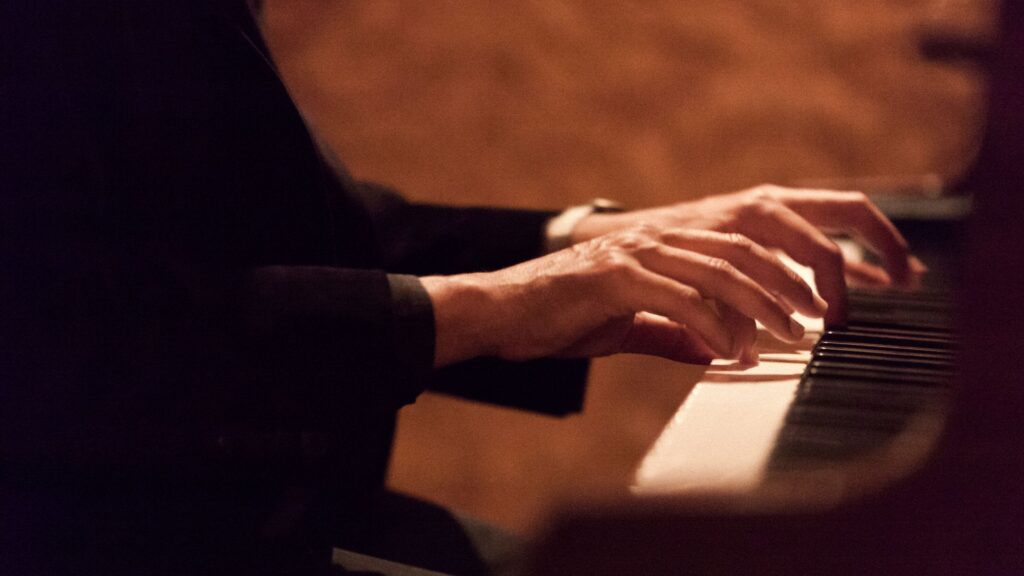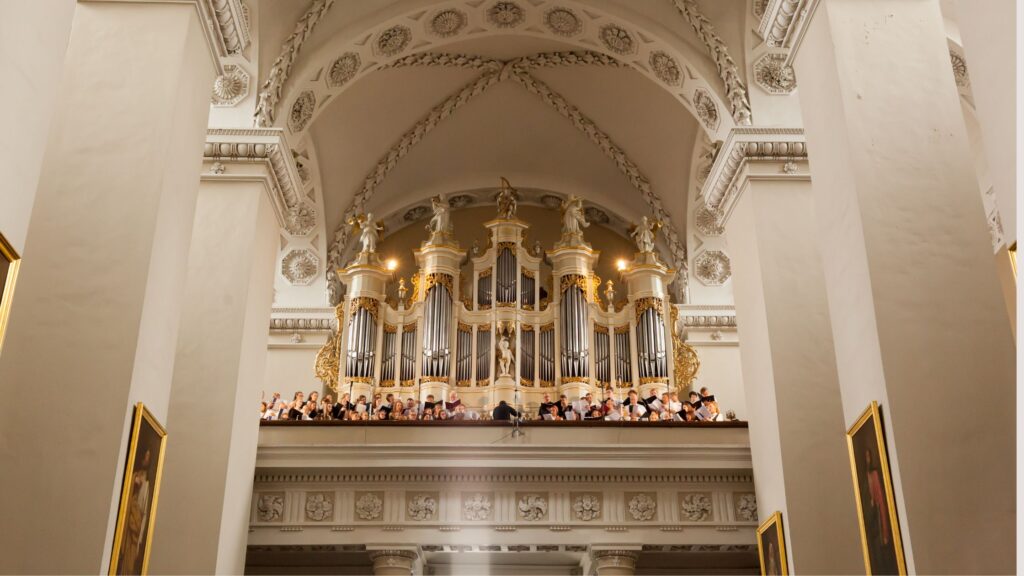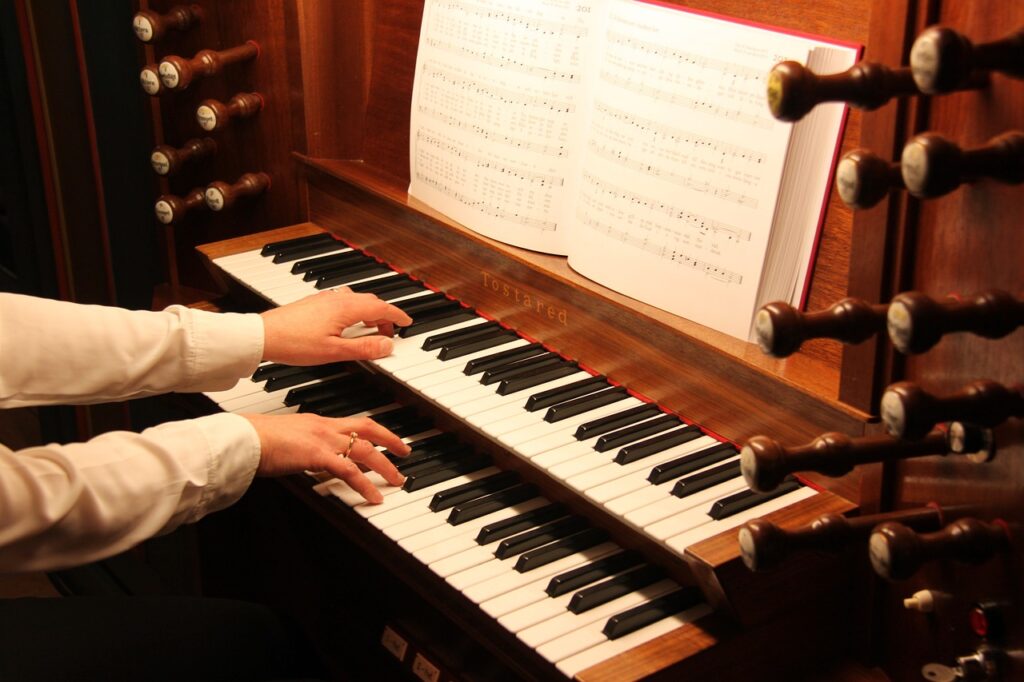
Why Pianists Should Learn the Organ
- By Josh Dove
If you’re a pianist with a deep love for music and performance, you’re likely always looking for new ways to grow as a musician. One of the most rewarding ways to expand your musical skillset is by learning to play the organ. Though it’s not the most common next step for pianists, learning the organ offers unique challenges, creative growth, and even new performance opportunities. Here’s why adding the organ to your repertoire can be a game-changer.
Expand Your Musical Versatility
As a pianist, you’ve already built a solid foundation in musical theory, technique, and expression. Taking on a second instrument, especially one as rich and complex as the organ, can reinforce your discipline, sharpen your coordination, and expand your interpretive range.
Musicians who learn a second instrument often develop stronger practice habits and adapt more easily to complex pieces. Organ skills also create new income opportunities through teaching, performing, or accompanying, especially in settings where versatile musicians are in high demand.
Understand the Differences: Piano vs. Pipe Organ
At first glance, the piano and the organ may appear similar. But don’t let the shared keyboard layout fool you; the two instruments demand very different playing techniques.
Touch and Technique
Pianists rely on key pressure and dynamics to shape sound.
Organists control sound through how they release the keys, not how they press them.
If someone invites you to play the organ without proper preparation, we recommend practicing first. Pianists who train on digital pianos may adapt more quickly since the organ’s touch resembles digital key response more than acoustic piano dynamics.
Master the Organ Layout: Keyboards, Stops, and Pedals
The organ’s layout may seem intimidating at first. With multiple keyboards (manuals), stops, and a full pedalboard, it offers a much more complex setup than the piano.
Coordinate Your Hands and Feet
Unlike the piano, which usually has two or three pedals, the organ requires you to play bass lines with your feet. To build this coordination, start with specific exercises designed for organists. As your hands and feet begin to work together, playing the organ will feel more natural.
Learn to Use the Stops
Each stop on an organ controls a different tone or voice. By experimenting with combinations of stops, you’ll discover the instrument’s full range of sound. Mastering registration helps you bring music to life with expressive depth and variety.
Unlock New Performance Opportunities
Learning to play the organ doesn’t just sharpen your musical abilities, it significantly broadens your career options as a musician. Adding organ skills to your resume opens the door to a wide range of performance opportunities beyond what the piano alone can offer.
Play for Churches and Religious Services
Many churches still rely on pipe or digital organs for their worship services. Even if a church already employs a full-time organist, they often need substitutes. As a trained pianist who can play the organ, you become an excellent backup or even a permanent option.
Perform in Concerts and Ensembles
Many orchestral and choral works require an organist. When you can play both piano and organ, you open yourself to new concert performances, collaborations, and recordings that might otherwise be out of reach.
Start Your Organ Instrument Journey with Viscount
Ready to explore the world of organ performance? Start with a high-quality instrument from Viscount. Our digital organs combine advanced technology with authentic sound, making them the perfect choice for pianists ready to grow.
Whether you want to perform, teach, or simply experience something new, we can help you find the right instrument.
Contact us today to learn more about our selection of Viscount organs and start your journey with a trusted name in the music world.
Related Posts

Mondaino: Our Home

History of Church Organs

